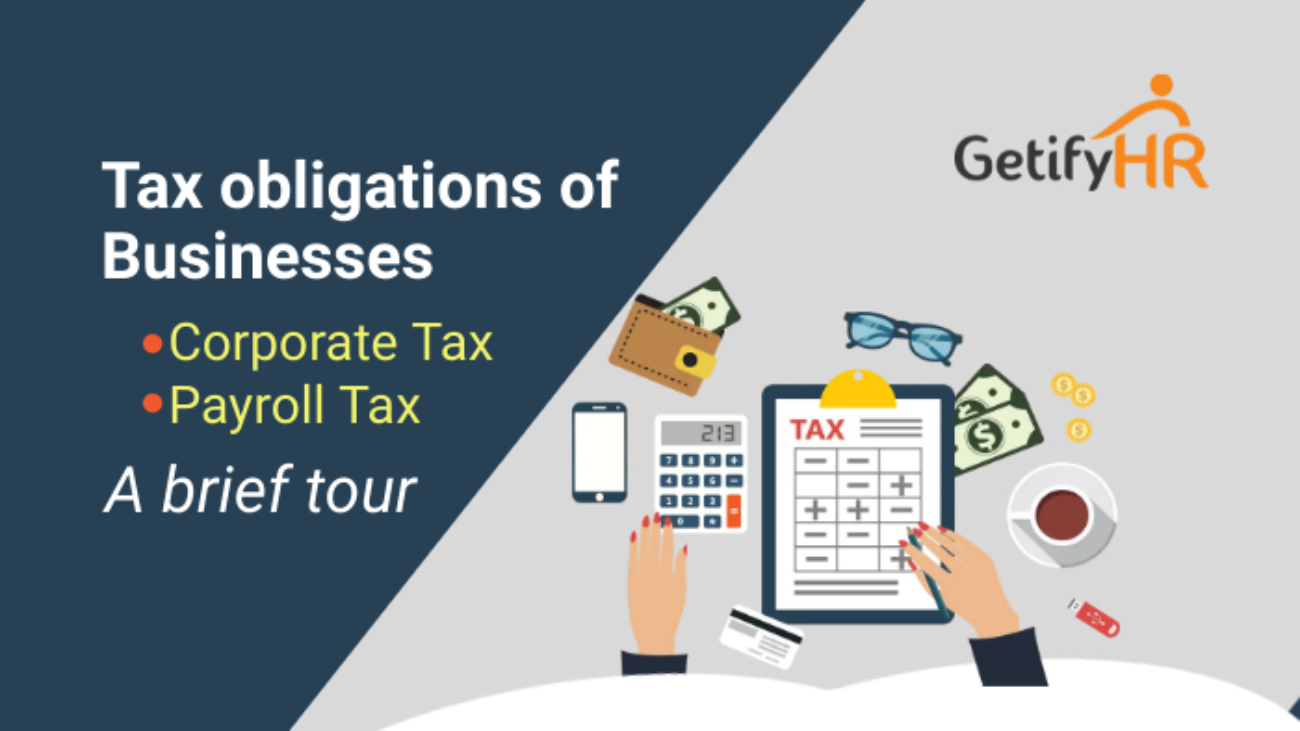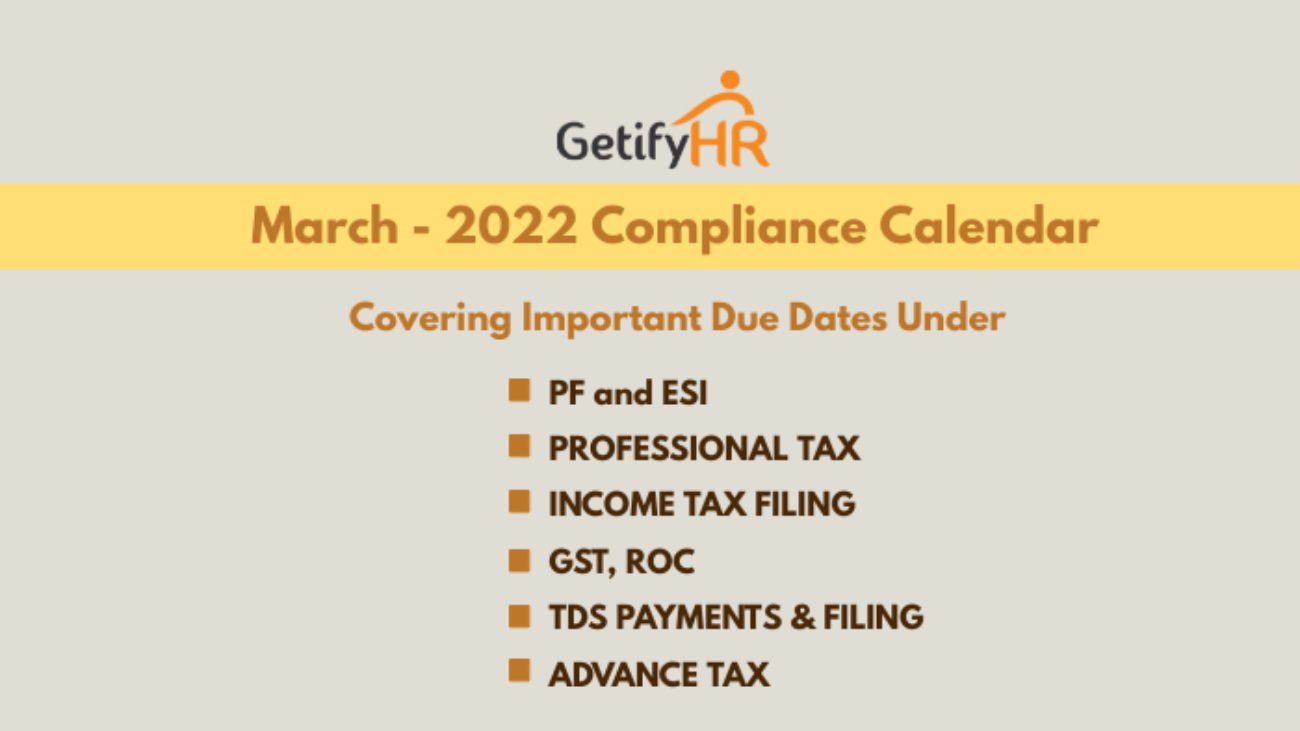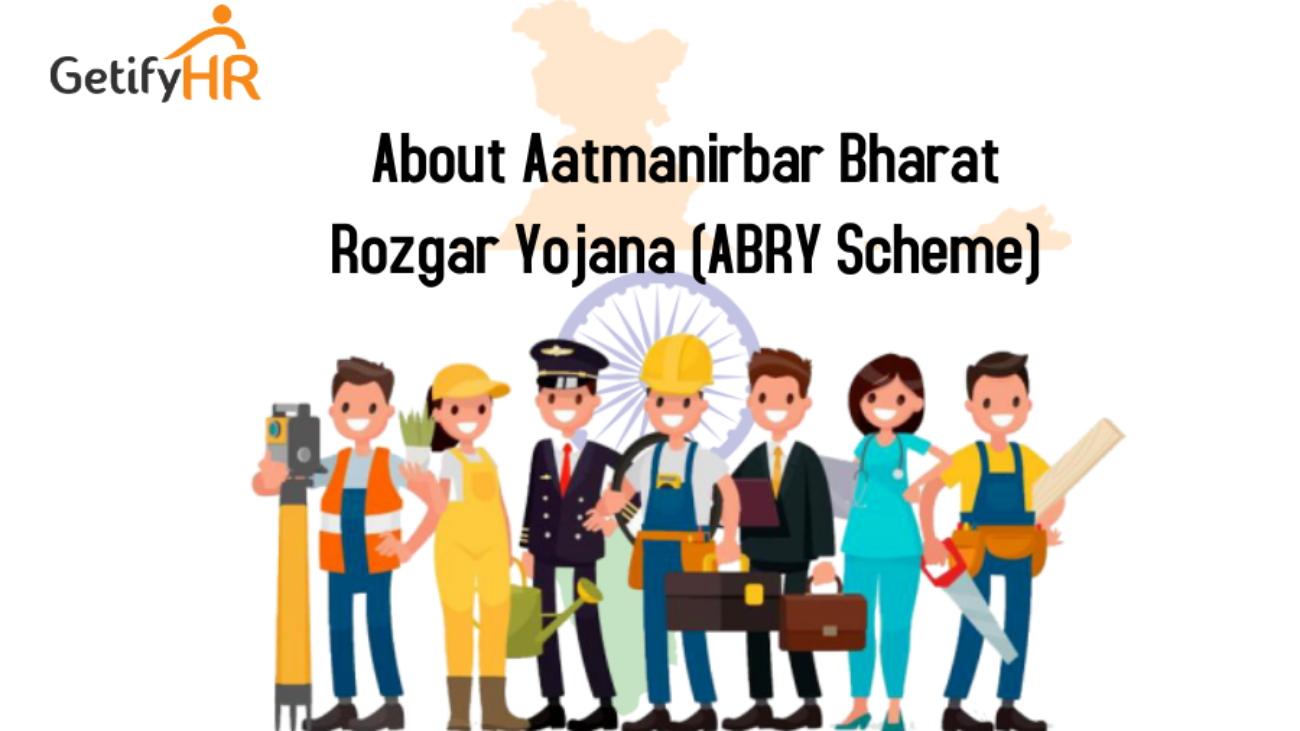Introduction
Income tax is the tax levied by the government on the income earned by an individual or corporate in a particular year. The Act is called Incometax Act, 1961 and this came into force on the 1st of April 1962. Companies are liable to pay their corporate tax dues and also deduct the tax dues from the salaries of those employees who are liable to pay tax in the form of Tax Deducted at Source (TDS) and remit to the government.
What is Income as per the Act?
The word Income is defined under section 2(24) of the IT Act. For a businessman, the profits and gains he makes will constitute income. This is corporate tax. Corporate tax is a direct tax levied on the net income or profit of a corporate entity from their business, whether domestic or foreign.
For an employee who is liable to pay tax as per the Act, the income constitutes Basic salary and also includes salary advance, Leave Encashment, Commissions Earned, Annuity and Gratuity. The employer deducts the tax liability from the salary of the employee who is liable to pay tax and remits to the government account. This is Tax Deducted at Source (TDS)
For Professionals & Freelancers, the earnings from different sources like professional fees, other incomes, etc form part of the income.
For a landlord, the rental received from part of the income. Similarly, capital gains from the sale of property or shares and buying of assets are also considered income.
However, certain incomes like the interest earned on Public Provident Fund (PPF) are exempt from tax.
The Assessee
The corporate entity or the person who is liable to pay Income tax and who is required to file the Income tax Return (ITR) is known as an Assessee. Accordingly, any business that has reached the threshold for paying tax is an assessee and any employee who is liable to pay tax is also an assessee.
The Assesse has to file the Income tax Return for each Assessment Year. Here we have to familiarize ourselves with two terms Financial Year and Assessment Year. The Financial Year is the period during which you earned the income and the Assessment Year is the succeeding year when you file your return for the previous year.
PAN & TAN
PAN is a ten-digit unique alphanumeric number issued by the Income tax Department. PAN which is the abbreviation for Permanent Account Number is a prerequisite for filing IT Returns. The IT Department can trace all transactions, returns, refunds, and other activities relating to Income tax through PAN.
TAN refers to Tax Deduction Number. This is a 10-digit alphanumeric number allotted to those who are liable to deduct TDS by the IT Department.
The obligation of the Business
Corporate Tax obligations
As a business entity, the employer has to pay corporate tax once they become liable to pay tax as per the IT Act, 1961. One of the basic conditions for paying IT is if your income exceeds Rs:2,50,000/- in a Financial Year. The tax on income for a financial year has to be paid to the IT Department during the succeeding year, which is known as the assessment year.
However, there are provisions to pay tax in advance based on estimated income for that particular year. In case the advance tax paid is more than the actual tax to be paid, then the excess tax paid is refunded to the assessee.
Payroll Tax obligations
Payroll tax is the tax an employee has to pay to the IT department after deducting the amount from the salaries of his employees who are liable to pay tax. Any employee whose income, in this case, the salary, exceeds Rs:2,50,000/- in a Financial Year is liable to pay Income tax. As per sec.192 of the Income tax Act, the employer is required to deduct tax at source from the salaries payable to an employee during the financial year. The tax liability of the employee is determined by the rate as applicable during the particular year. Every month, 1/12 of the net tax liability should be deducted from the employee’s salary along with a 3% Education Cess on Income tax. This has to be remitted to the IT department within the prescribed time as per sec.200 of the IT Act.
Further, the employer or deductor is required to furnish a certificate to the employee giving particulars of the tax deducted. The certificate has to be issued in Form No.16. Similarly, it is mandatory to file a return that certifies the deduction of tax and payment along with the required details. The authorized person has to sign and submit this to the Department. The employer has to quote the TAN and PAN numbers of all employees in all the certificates and returns.
When an employer fails to deduct tax, he is liable to pay interest. In the event of the employer deducting tax but not paying the tax to the department, he is in default and is, therefore, liable for penal action.
Conclusion
The employer has multiple obligations when it comes to paying Income tax. From the business point of view, the employer has to pay corporate tax under the prevailing rates. From the employee’s point of view, he has to efficiently manage the tax liabilities of each employee and calculate the TDS, deduct the amount from the salaries and remit the same to the department.
This is an ongoing process and the employer has to show great efficiency in managing these issues.
The TDS part can be efficiently managed by outsourcing to a third party who can efficiently manage all requirements of payroll that includes generating payslips, managing attendance and leave, and all statutory requirements like EPF, ESI, Incometax, and Professional Tax.
GtifyHR, one of the leading Payroll and HR outsourcing companies in the region offers a technology-driven cloud-based package that handles Payroll and Statutory requirement issues in an efficient and simplistic manner. Outsourcing Payroll operations is the best solution to overcome the problems associated with handling TDS and other tax-related issues.



